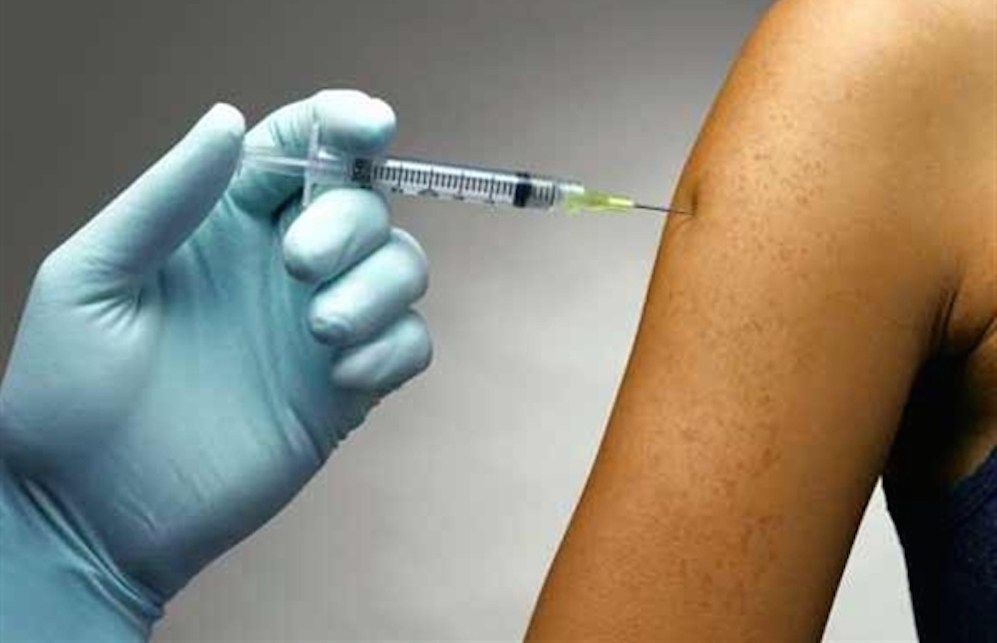
Can we not do better in preventing this annual harvest of deaths? There is the matter of inadequate attention being paid to matters of healthcare, with a public health insurance system that barely scratches the surface, a primary health care that is hardly primary and a national immunisation programme that does not cover some vaccines…
There is a bit of outrage, as there should be, about a report of yet another Meningitis outbreak in the country. According to the Nigeria Centre for Disease Control (NCDC), as of April 3, 2017, a total of 2,997 cases, with 336 deaths, have been reported, with 146 of the cases being laboratory confirmed.
Some are genuinely outraged. Some are not, seeing only another opportunity to stretch their legs and kick at those they do not like, even likening the way this is being managed in relation to how the Ebola crisis was managed. They are not quite the same thing. Meningitis, sad as it is, is not that unfamiliar to us. If only we will dig deeper for information, perhaps our commentary will be better informed.
It is well documented that “the whole of northern Nigeria lies within the African meningitis belt. Northern Nigeria has experienced regular large epidemics of meningococcal meningitis, with most of these caused by meningococci belonging to serogroup A.”
We are told that several mass vaccination campaigns using the Men A conjugate vaccine (MenAfrivac), which protects against the most prevalent type of meningococcal disease (serogroup A), have been conducted over the years in the country.
But in spite of these, there has been a history of recurrent outbreaks. A study which worked with data on cerebrospinal meningitis (CSM) from February 10 to June 8, 2015, reports that a total of 6394 (65 confirmed and 6329 probable) cases, including 321 deaths (case fatality rate: 5.0%), were recorded. This outbreak lasted 17 weeks, and affected 1039 villages in 21 local government areas in three states – Kebbi, Sokoto and Niger.
There is also a lack of a thoughtful, well-planned and deliberate communications strategy built around modern communication tools. Whatever we are doing is clearly not good enough.
So, sadly, we had reported deaths of 321 in 2015 and already have 336 deaths now. Can we not manage this better? Well, the information has it that what we are dealing with is the serogroup C, which is different from the more common serogroup A.
From the Nigeria Centre for Disease Control (NCDC), I learnt that the vaccine for the C Strain is in such limited quantity that it is globally held in trust and only released to countries on the basis of need. That, by this account, might have resulted in the gap between the breakout and response in terms of reactive vaccination.
NCDC says that 500,000 doses of the AC-PS vaccine granted by the International Coordinating Group on Vaccine Provision (ICG) for reactive vaccination in Zamfara have arrived in Nigeria, with vaccination scheduled to start today and run till April 9 in Zamfara State. Sokoto and Katsina’s ICG requests are being considered, we are told.
Even as I see that the NCDC, UNICEF, WHO and other agencies are jointly on top of this, still I have my concern. Is there no way this can be better managed? Does the vaccination only have to be reactive? We are told that the C strain is a relatively new occurrence, but the scientific study I read reported that in 2013 and 2014 in North-Western Nigeria, “two sequential, localized outbreaks of meningitis were caused by a new strain of Neisseria meningitidis Serogroup C (NmC).”
So, if this strain had been reported in 2013 and 2014, why should it be catching us by surprise again in 2017? The study I read suggests that, “a vaccination campaign against NmC with a long-lasting conjugate vaccine should be considered in the region.” Has this been ever considered? Couldn’t the International Coordinating Group on Vaccine Provision (ICG) have placed Nigeria and neighbouring countries in that belt under a special dispensation?
Can we not do better in preventing this annual harvest of deaths? There is the matter of inadequate attention being paid to matters of healthcare, with a public health insurance system that barely scratches the surface, a primary health care that is hardly primary and a national immunisation programme that does not cover some vaccines like that for rotavirus and others readily available to children in other parts of the world. There is also a lack of a thoughtful, well-planned and deliberate communications strategy built around modern communication tools. Whatever we are doing is clearly not good enough.
Simbo Olorunfemi works for Hoofbeatdotcom, a Nigerian Communications Consultancy and publishers of Africa Enterprise. Twitter: @simboolorunfemi
END

Be the first to comment